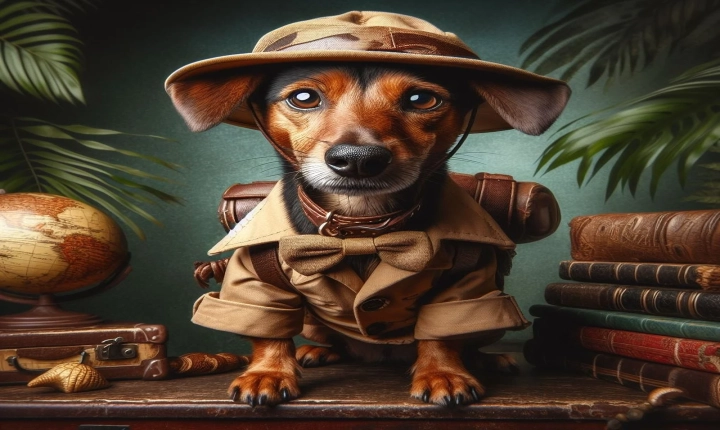Are Captchas AI-Generated? A Deep Dive into the Technology Behind Captcha
Captchas, or Completely Automated Public Turing tests to tell Computers and Humans Apart, have become a ubiquitous part of the online experience. They are the series of distorted letters, numbers, or images that users have to decipher and input into a box to prove that they are human and not a bot. But have you ever wondered if these Captchas are generated by AI?
The short answer is yes, many Captchas are indeed AI-generated. In fact, the technology behind Captchas has evolved significantly over the years, and artificial intelligence plays a central role in creating these tests to separate humans from bots.
One of the most popular methods used to generate Captchas is through a technique known as “reverse Turing tests.” In this approach, AI algorithms are employed to create distorted and scrambled images of text or objects that are difficult for bots to decipher but relatively easy for humans to recognize. The complexity of these images can vary, with some being as simple as identifying a single object in an image, while others may require the user to decipher distorted and overlapping characters.
AI-powered algorithms are responsible for generating these random and unique Captchas, ensuring that each test is different from the previous one. This dynamic generation of Captchas adds an extra layer of security against bots, as it becomes challenging for automated scripts to bypass them.
Moreover, AI plays a crucial role in continuously improving Captcha technology. Machine learning algorithms analyze user interactions with Captchas to enhance their effectiveness and to stay ahead of evolving bot technologies. This constant feedback loop allows Captchas to adapt and evolve based on user behavior, thereby maintaining their efficacy in thwarting automated attacks.
While AI-generated Captchas are effective in distinguishing humans from bots, their implementation has raised concerns about accessibility for individuals with visual impairments or other disabilities. To address this issue, alternative Captcha methods, such as audio challenges or simple math problems, have been introduced to ensure inclusivity.
In conclusion, Captchas are indeed AI-generated, and the technology behind them continues to advance with the help of artificial intelligence. By employing sophisticated algorithms, these tests effectively distinguish between humans and bots, providing a vital defense against automated attacks on websites and online platforms. As AI continues to evolve, so too will the technology behind Captchas, ensuring their efficacy as a vital tool in maintaining online security and integrity.
